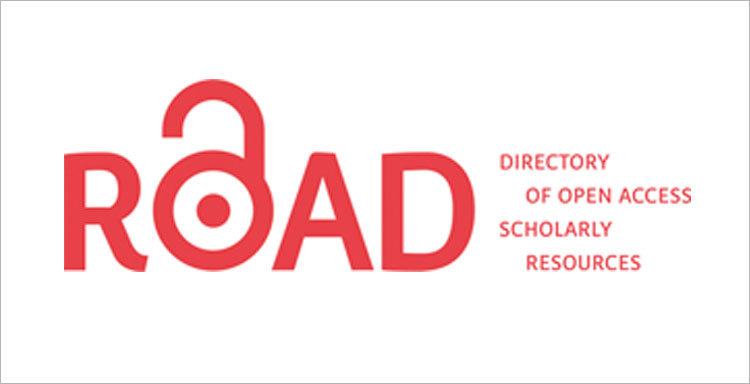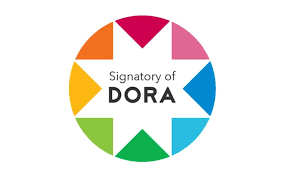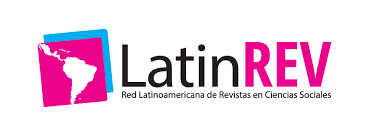Voces extraídas de la literatura indigenista
DOI:
https://doi.org/10.56124/sapientiae.v8i18.018Keywords:
Sueño en lengua zapoteca, Balún Canán, Hombres de maíz, Huasipungo, Ushanan-JampiAbstract
With the aim of analyzing, from a decolonizing and critical approach, the literary mechanisms of cultural resistance in Latin American indigenist works: Through a critical analysis of five indigenist works: Sueño en lengua zapoteca (2002) and Balún Canán (1957), Hombres de maíz (1949), Huasipungo (1934, Ushanan-Jampi (1920). Revealing how colonial domination is demanded in its linguistic, territorial and legal dimensions, with emphasis on productions from Mexico, Guatemala, Ecuador and Peru. This analytical interpretation leads to the reanimation of collective memory and the understanding of literature as a space of literary valorization, as a device of cultural emancipation. It is a latent need to look head-on at a still open historical wound: the systematic exclusion of indigenous peoples in Latin America. The methodology applied a qualitative and interpretive approach, supported by theoretical frameworks such as decolonial theory, symbolic violence and social realism, reveals how literature not only tells stories but also reproduces or subverts power structures. It doesn't seek definitive answers, but rather to disturb the reader through the fissu
res of the dominant discourse. Indigenous literature doesn't revive the past: it reveals it as still latent, as a word that resists and demands justice.
Downloads
References
Bibliografía
• Toledo, N. (2002). Sueño en lengua zapoteca. México: Consejo Nacional para la Cultura y las Artes (CONACULTA).Castellanos, R. (1957). Balún Canán. México: FCE.
• Castellanos, R. (1957). Balún Canán. México: Fondo de Cultura Económica.
• Asturias, M. A. (1949). Hombres de maíz. Guatemala: Editorial del Ministerio de Educación Pública.
• Icaza, J. (1934). Huasipungo. Quito: Editorial Cultura.López Albújar, E. (1920). Cuentos andinos. Lima: Editorial La Equitativa.
• López Albújar, E. (1920). Cuentos andinos. Lima: La Equitativa. Teóricos y fuentes secundarias
• Bourdieu, P. (1999). La dominación masculina. Barcelona: Anagrama. • EducapediA. (s.f.). Indigenismo y literatura latinoamericana [Video]. YouTube. https://youtu.be/8Uy4xhxLDtA
• Mignolo, W. D. (2007). La idea de América Latina. Barcelona: Gedisa.
• Rivera Cusicanqui, S. (2010). Ch’ixinakax utxiwa: Una reflexión sobre prácticas y discursos descolonizadores. Buenos Aires: Tinta • Limón.Thompson, J. B. (1990). Ideología y cultura moderna: Teoría crítica social en la era de la comunicación de masas. Madrid: Cátedra Latinoamericana.

Published
How to Cite
Issue
Section
License
Copyright (c) 2025 Revista Científica Multidisciplinaria SAPIENTIAE. ISSN: 2600-6030.

This work is licensed under a Creative Commons Attribution-NonCommercial-ShareAlike 4.0 International License.

2.jpg)


















